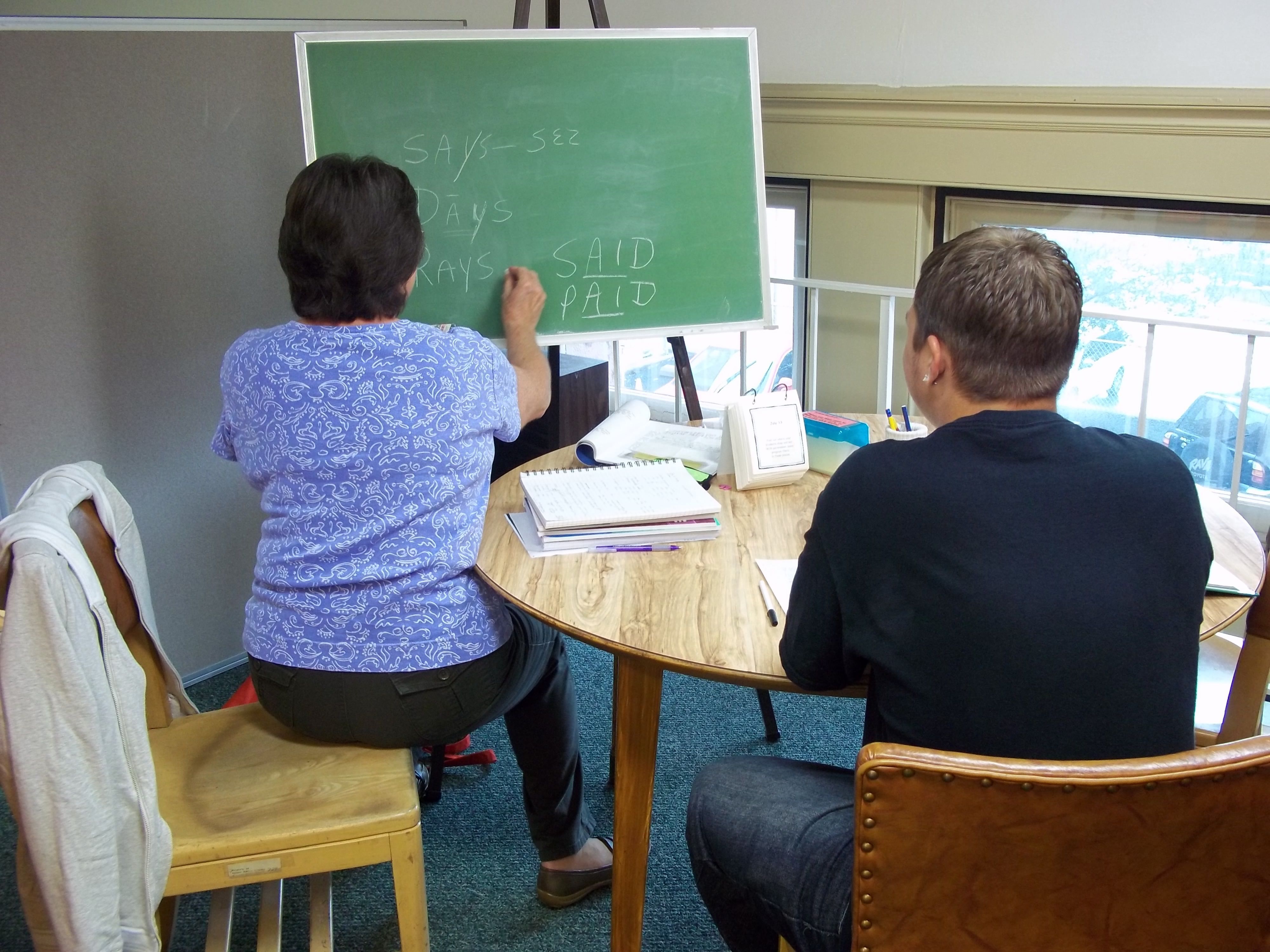Tips for Writing Successful Grants
Whether you are a seasoned grantwriter or new to the process, these tips will help you create a compelling proposal that stands out. Here are some essential tips to ensure your grant application is strong and effective!
1. Make Sure You Know the Deadline
Deadlines are crucial in the grant application process. Mark your calendar and set reminders well in advance to ensure you submit your application on time. Late submissions are not accepted, and missing a deadline could mean missing out on valuable funding.
Resource: Information on the application process can be found on our Apply for a Grant Tab
2. Know the Funder's Grantmaking Strategy
Understanding the funder's grantmaking strategy is crucial for tailoring your application. Research the foundation’s mission, funding priorities, and past grants. Align your project with their strategic goals and emphasize how your work supports their objectives. This alignment shows that you have done your homework and that your project is a good fit for their funding.
Resource: Review the Springfield Foundation’s Grantmaking Strategy
3. Contact Us if You're a First-Time Applicant
If this is your first time applying, don’t hesitate to reach out to our Director of Grants. They can provide you with detailed information about the process and answer any questions you might have. Building a relationship with the grant's office can also be beneficial for future applications.
Email lori@springfieldfoundation.org
4. Write a Strong Request Description
Your request description should be clear, concise, and well-thought-out. Avoid jargon and focus on articulating your project’s goals, objectives, and impact. A strong request description can capture the attention of reviewers and make your application more memorable.
Resource: Candid’s Learning Workshops on Proposal Writing
5. Use Data to Support Your Claim
Support your grant request with relevant demographic information and data. This evidence helps to demonstrate the need for your project and its potential impact. Use credible sources and ensure your data is up-to-date and accurate.
Resource: Where can I find demographic information about my community?
6. Align Your Budget and Ensure Accuracy
Your budget should align with your project description and objectives. Be thorough and ensure all figures add up correctly. A well-prepared budget reflects your organization’s capacity to manage funds and execute the project successfully.
Resource: Where can I find examples of nonprofit budgets?
Resource: Use the Springfield Foundation’s Template
7. Proofread Your Work
Errors in grammar and typos can undermine the professionalism of your application. Ensure your work is thoroughly proofread, either by yourself or by someone else. Clear, mistake-free writing boosts your credibility and the clarity of your proposal. Before submission, seek feedback from colleagues or mentors experienced in grant writing. Additionally, having someone who is not involved in the project review the application can be incredibly helpful; they can point out any confusing or overly detailed sections, providing a fresh perspective.
8. Utilize Grant Writing Support
There are numerous resources available for grant writing support. Here are a few recommendations:
- Candid Learning, Clark County Public Library patrons can access Candid's premiere nonprofit databases from home or the office with a library card! On Candid/Foundation Directory you can research local nonprofit organizations, learn tips on writing grants, connect with grantmakers or foundations to secure funding, and discover new partners for collaboration. Click on this link and scroll down to letter “c” under resources.
- Join Like-Minded Groups: Many communities have organizations dedicated to fundraising or nonprofit support. For example, Springfield is home to the Association of Fundraising Professionals, a membership organization for those involved in fundraising. Additionally, the Miami Valley Nonprofit Collaborative provides training to nonprofits. Both organizations host workshops and speakers on grant writing, providing valuable resources and networking opportunities for a nominal fee.
- Online Courses and Webinars: Websites like Coursera, Udemy, and GrantSpace offer courses on grant writing.
- Consultation Services: Hiring a professional grant writer or consultant can provide personalized guidance and improve your chances of success.
By following these tips, you’ll be better equipped to write a compelling grant proposal that stands out. Good luck with your grant writing endeavors!
Email lori@springfieldfoundation.org with any questions.


